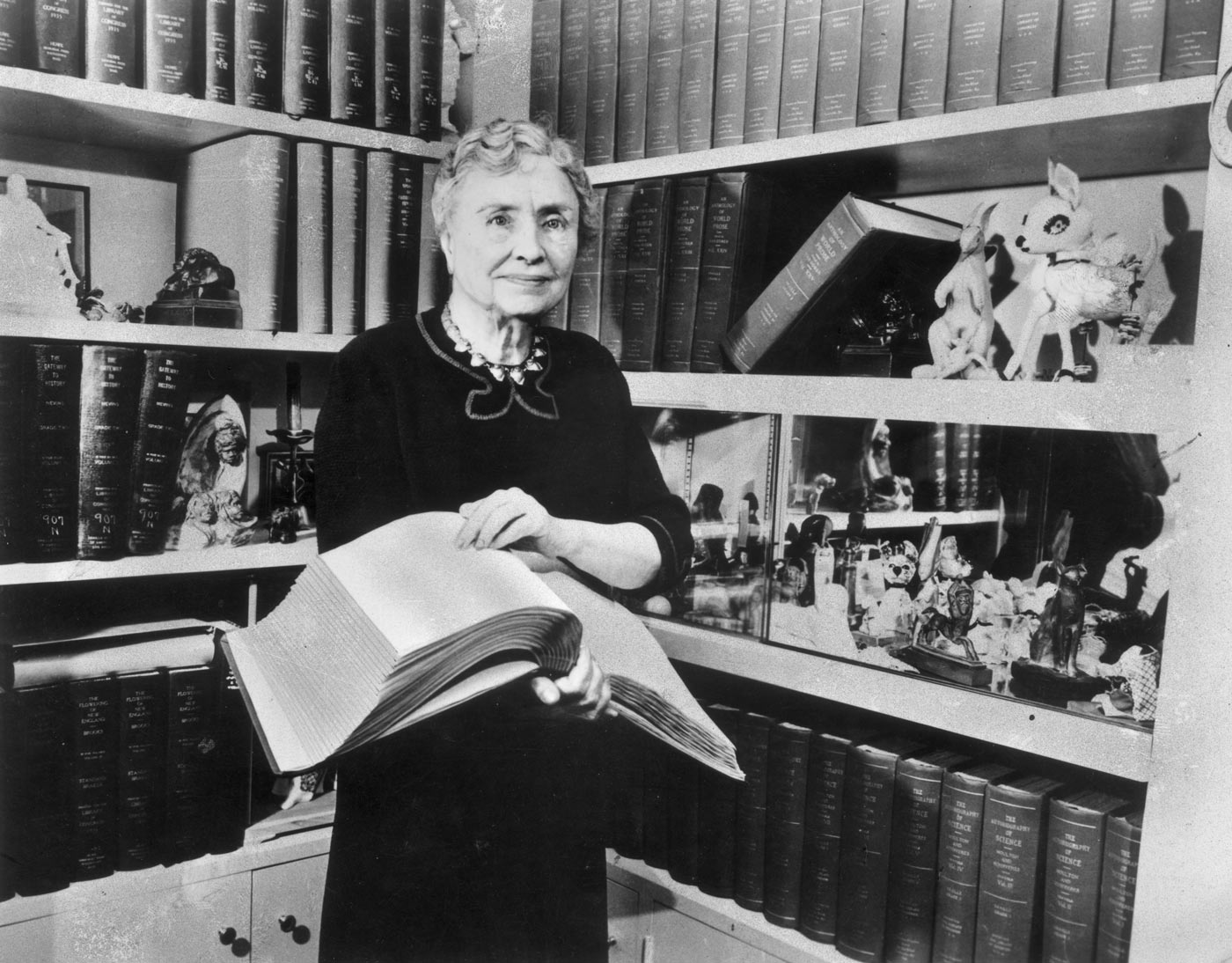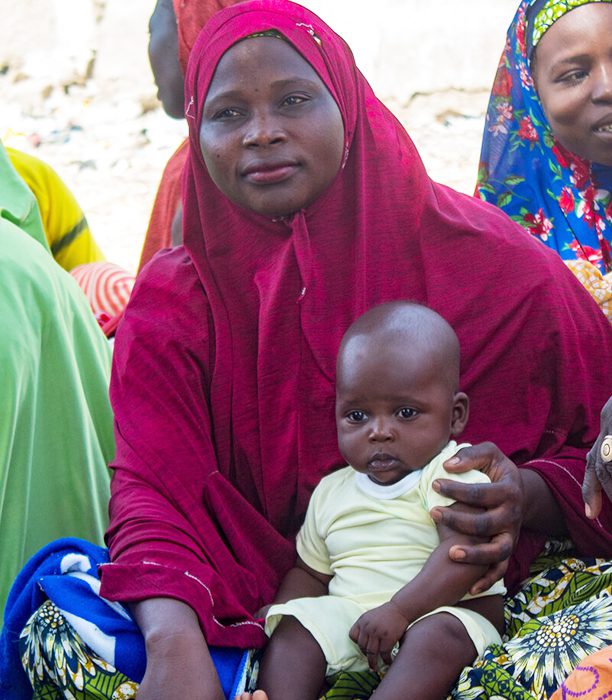Creating Homestead Agriculture for Nutrition and Gender Equity (CHANGE)
Through the Creating Homestead Agriculture for Nutrition and Gender Equity (CHANGE) project, supported by the Canadian government, Helen Keller sought to test our Enhanced Homestead Food Production (EHFP) model in different settings in four African countries: Burkina Faso, Cote d’Ivoire, Senegal and Tanzania. The major goal of CHANGE was to improve the nutritional status of women and children through diverse and nutritious homestead food production, under the control of women, and through improved nutrition, hygiene and health practices. We also wanted to build the evidence base around the EHFP program model, thus we partnered with the International Food Policy Research Institute (IFPRI) to carry out randomized control trials in Burkina Faso and Tanzania. As it was critical to better understand the role of women in our approach, we also worked with the International Center for Research on Women (ICRW) to conduct country-level gender assessments, develop gender strategies, and evaluate the impact of the gender transformative elements integrated into EHFP.
Under the CHANGE project, small-scale farmers (mainly women) were supported to grow micronutrient-rich vegetables, fruits, and animal-source foods, while also being educated and counseled on the importance of dietary diversity, optimal practices related to infant and young child feeding (IYCF) and water, sanitation, and hygiene (WASH). To learn more about the lessons we learned during the lifetime of the CHANGE project, please read our Project Briefs:
- Leading Innovation and Impact in Nutrition-Sensitive Agriculture in Africa
- Nutrition-Sensitive Gardening and Crop Production
- Poultry: A Key Component of Nutrition-Sensitive Agriculture
- Integrating Nutrition and Hygiene into African Agriculture
- Empowering Women Through Nutrition-Sensitive Agriculture
Many successes were achieved under the CHANGE project related to building the capacity of communities to produce nutrient-rich crops and raise small animals to improve home consumption of nutritious foods. Community workers learned techniques to counsel mothers and other family members on healthy nutrition, water, hygiene and sanitation practices. The amount of nutrient rich crops families produced increased considerably, as did the production of poultry and eggs. Important nutrition and WASH practices, including exclusive breastfeeding, child and women’s dietary diversity, and handwashing also all improved. Moreover, in CHANGE project areas, anemia and nutritional wasting among young children was reduced, and women’s control over assets increased. To learn more how people’s lives were improved by the CHANGE project, please read our Success Stories:
- Spontaneous Adoption: In Burkina Faso, desire to participate in Helen Keller’s Enhanced Homestead Food Production (EHFP) project was so strong, over a thousand ‘non-participants’ ended up taking part.
- The Spread of Sanitation: The CHANGE project took a novel route to improving health outcomes by integrating Community-led Total Sanitation into a nutrition-sensitive agriculture program.
- Nurturing Connections in Cote d’Ivoire: CHANGE adopted a ‘gender transformative’ approach that encourage communities to alter existing power imbalances that place women at a disadvantage.
- Diversity and Resilience in Tradition: The CHANGE project supported nutritional needs, household resilience, and conservation of underused crops by encouraging the cultivation of traditional African vegetables
- A Little Tuber with a Big Impact: By forging a strong partnership between researchers and farmers, HKI introduced Vitamin A-rich orange-fleshed sweet potato in northern Côte d’Ivoire, with widespread and sustained adoption.
- Raising CHANGE Babies: Through a combination of interactive nutrition education and improved agricultural production, Helen Keller’s CHANGE project made a lasting impact on nutrition in northern Côte d’Ivoire.
- Hatching an End to Poverty and Malnutrition: CHANGE promoted a novel model for nutrition-sensitive urban poultry rearing, which has proved highly sustainable even after the project’s end/
- A Tale of Two Gardens: From rural Tanzania to urban Senegal, diverse locally adapted models of nutrition-sensitive agriculture can help empower women, engage men, and improve health and nutrition outcomes for entire families




